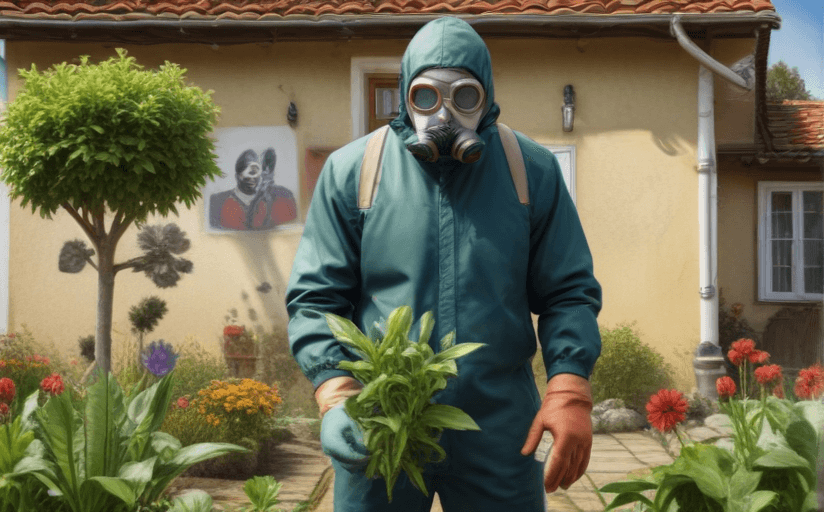The Use of Pesticides in Home Gardening: A Balanced Perspective
Home gardening has seen an upsurge of interest in recent years, with many homeowners leveraging it not only as a relaxing hobby, but also as a means to grow fresh, organic produce. One significant aspect in this process is dealing with pests. This often raises the question on the use of pesticides. Pesticides, on the surface, can appear as the ideal solution to pest problems. They can, however, have far-reaching implications on environmental and human health.
Understanding the Benefits of Pesticide Use
Pesticides are popular due to their potency to control and eliminate various pests that can damage or entirely ruin plants. They are capable of targeting a broad spectrum of pests including insects, fungi, and other organisms that are harmful to plants. Thus, their first significant benefit is efficacy against pests, ensuring higher yields and better quality produce.
Moreover, pesticides can save gardeners time and effort in pest management. By preventing pest infestations, they reduce the work spent on pest control, allowing gardeners to focus on other gardening activities.
Exploring the Downsides of Using Pesticides
However, the use of pesticides is not without its downsides. A wide range of scientific studies evidence that they can potentially degrade soil quality, interfere with beneficial wildlife, and contaminate groundwater.
Some pesticides can also have adverse effects on the health of gardeners and consumers. Long-term exposure may lead to severe health issues including respiratory problems, skin disorders, and even certain types of cancer.
Environmental Impact
Many synthetic pesticides are non-biodegradable, implying they persist in the environment after their application, leading to significant environmental pollution. They may also disrupt local ecosystems, negatively affecting organisms that are not their target.
Health Risks
Both acute and chronic health issues can arise from exposure to pesticides, based on the type and the level of exposure. Some can be destructive if digested or inhaled accidentally.
Considering Alternatives to Pesticides
For gardeners concerned about the potential environmental and health implications of pesticides, there are several alternatives to consider. These include methods such as composting, crop rotation, and the use of other natural pest control methods.
- Composting: Composting enriches the soil, helps retain moisture, and suppresses plant diseases and pests.
- Crop Rotation: Regularly changing the types of plants grown in a particular area helps to break the life cycle of pests.
- Natural Pest Control: Certain plants and insects attract or repel specific pests. Implementing them can assist in keeping the pest population under control.
Conclusion
Overall, the decision to use pesticides in home gardening is complex, requiring careful consideration of both their benefits and drawbacks. It's essential that gardeners investigate the short and long-term implications of pesticide use, weighing it against their gardening goals, personal health, and the well-being of the environment.



















Comments
Leave a Comment